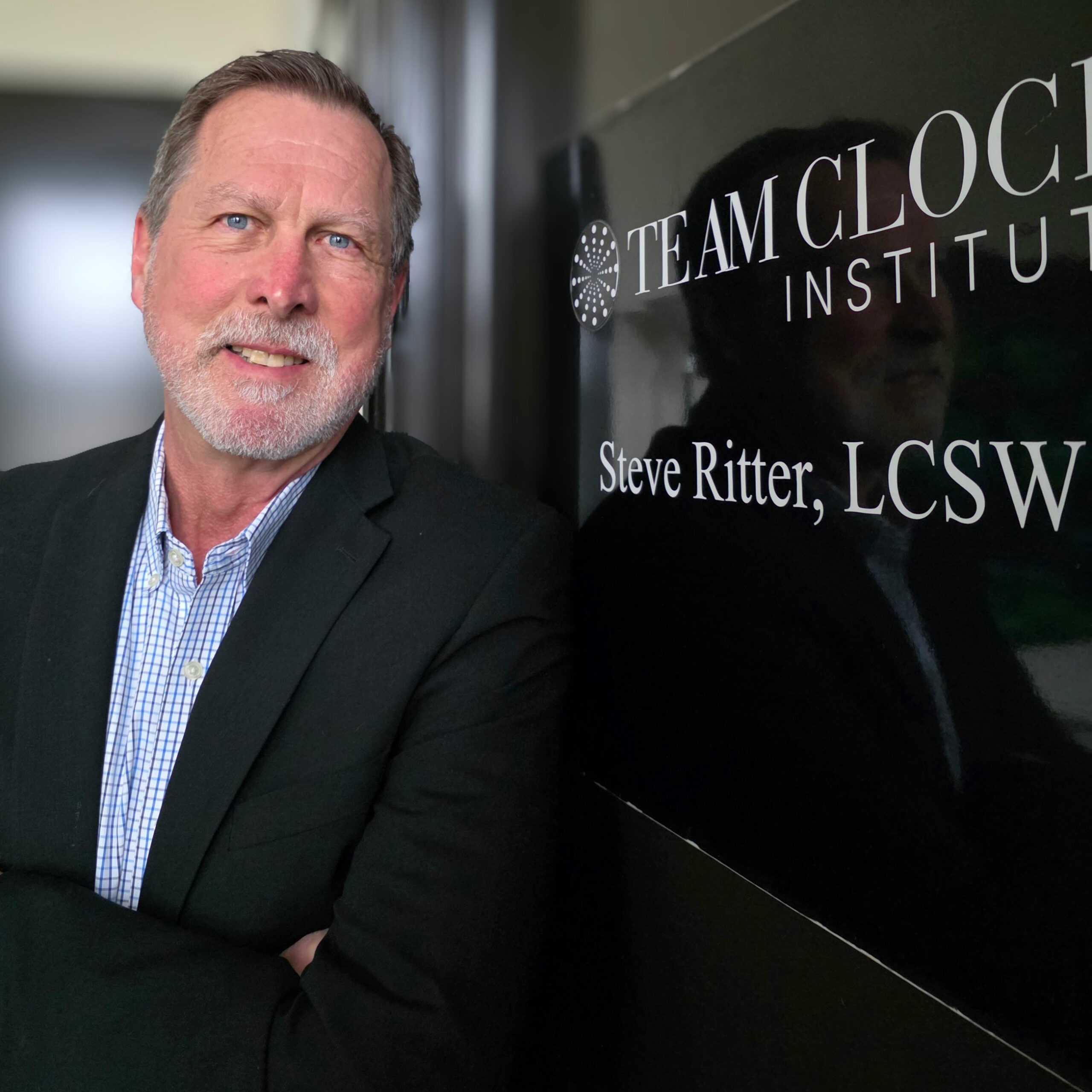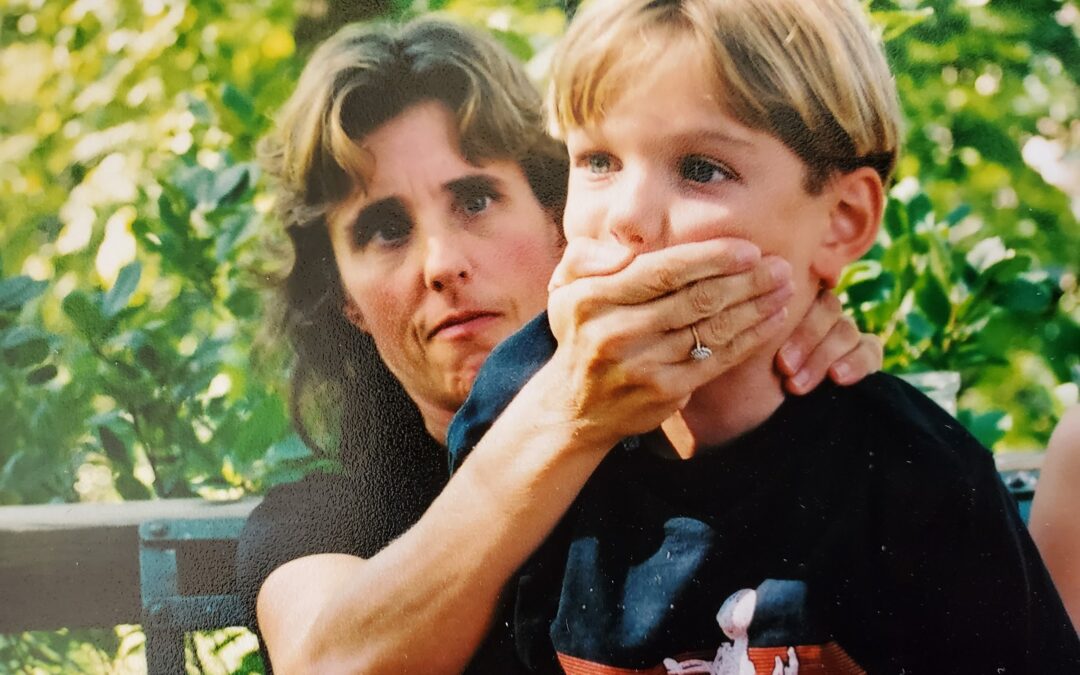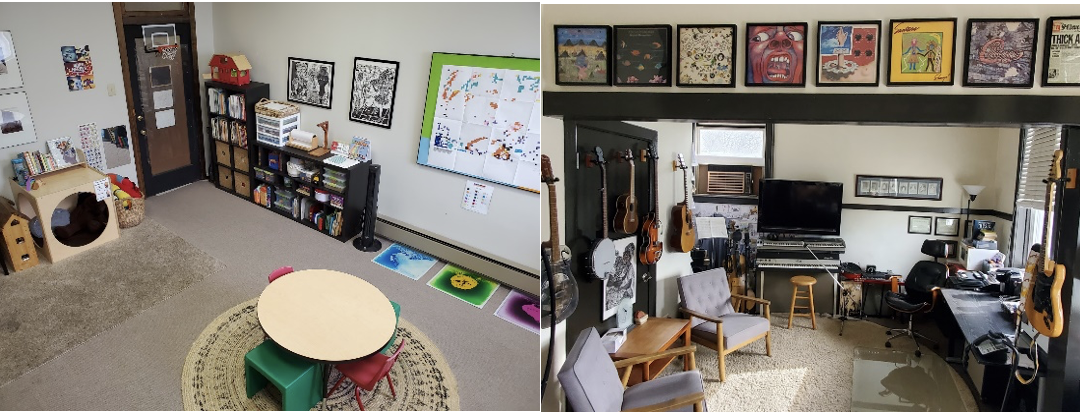
Does Your Mirror Offer a Kind Reflection?
How are you? Really – not the ‘How ya doin’ that isn’t really a question but more of a greeting – but a genuine curiosity about how you’re actually coping these days. Have you been able to live day-to-day according to your values? Are your interactions with your family, friends, and colleagues meaningful? Are you growing? Are you navigating change – both the expected and unexpected kinds – with resilience?
Take a snapshot. At any given phase of life, some of these aspirations may have become compromised. There’s always a reason and, often, it feels beyond your control. Other than the times when we’re all capable of making a regrettable choice, the bulk of our challenges require creative problem-solving. So, the ‘How are you?’ question is really an invitation to do a quick assessment. Take a look in the mirror, make eye contact, and evaluate yourself in this moment in time.
Try to imagine some of the possible outcomes. After looking in the mirror and asking the tough questions, you might discover (or, once again, be reminded that):
- You tolerate disrespect from others.
- You have made choices that don’t align with your values.
- The discomfort of conflict leads you to not stand up for yourself.
- You tend not to follow through with commitments.
- You fear the vulnerability of closeness.
- You settle for ‘good enough’ instead of trying new things.
- Your anxiety becomes overwhelming during periods of change.
- You find it difficult to bounce back after a disappointment.
Any one of these examples will become life game-changers if addressed. The cost of normalizing their consequences has probably worn you down for a long time. You either didn’t know what to do or you decided that the consequences aren’t as painful as the fix. Either way, a fresh opportunity is now before you.
Or – maybe – your mirror offered a kind reflection. If so, you’re in one of those rare moments when the wind is at your back and the sun is shining. All is well. Nothing is broken so nothing needs to be fixed. Your health is good, your career is on a positive trajectory, and all of your relationships are thriving. Grab your gratitude journal and make an entry.
But if your moment with your mirror reveals otherwise, you’ve been given the gift of insight. Now what? You can either let the clarifying perspective be enough or you can use it as fuel for action. As we’ve all learned many times over, knowing what to do and doing it are different competencies. All you have to do is return to the mirror exercise in about a month to see which path you took.
Because if nothing changes, nothing changes.

About the Author
Steve Ritter, LCSW is the Founder and Executive Director of Elmhurst Counseling. He has served as a teacher, author, consultant, human resources director, health care administrator, and licensed clinical social worker since 1977. A fellow of the American College of Healthcare Executives, Steve has provided coaching, therapy and team development services to thriving schools, businesses and organizations.




